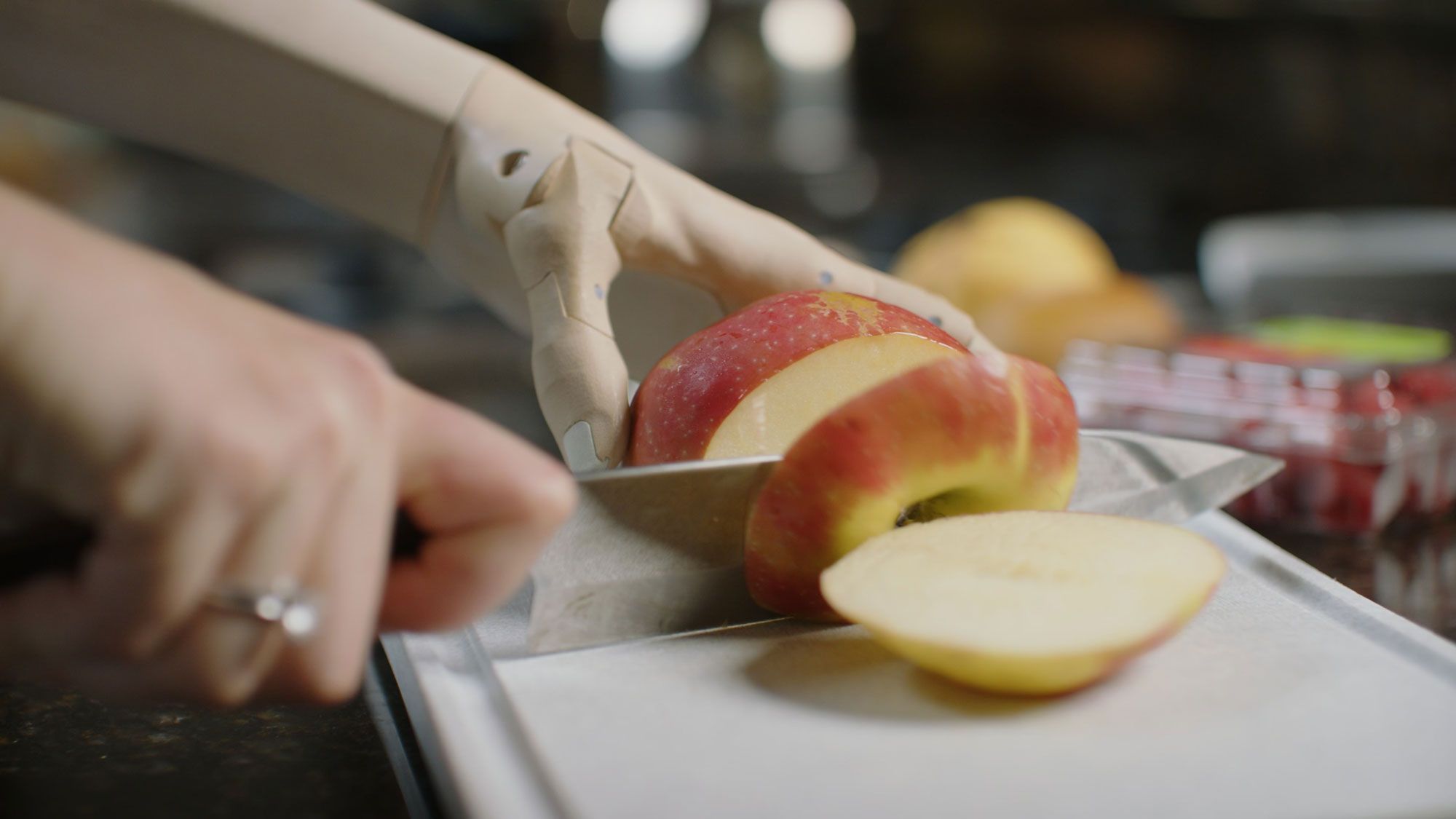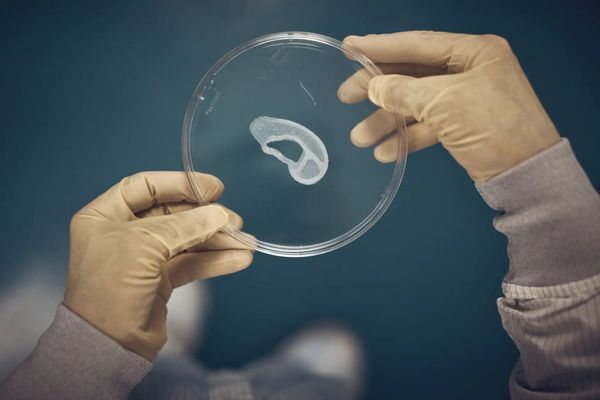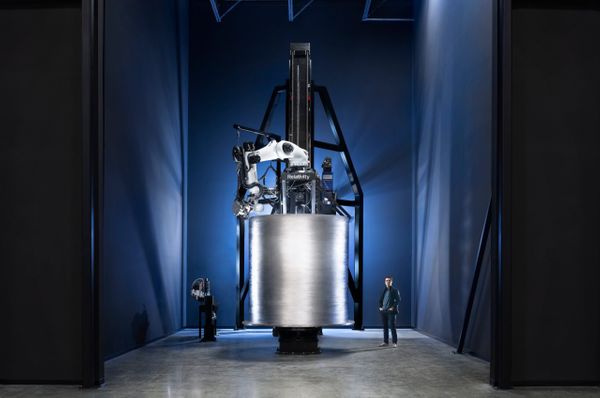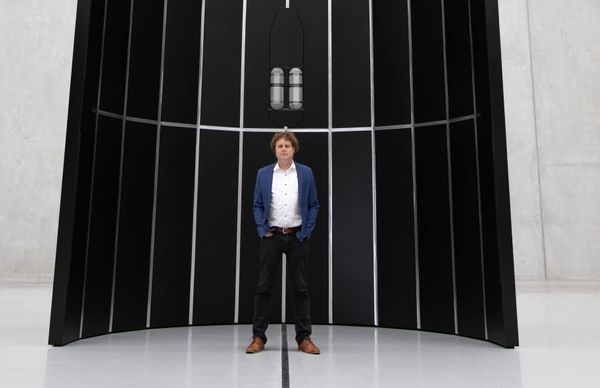Prosthetics startup Unlimited Tomorrow, which manufactures bionic arms with 3D printers, is collaborating with Singularity Group to raise $1 million to help Ukrainians wounded in the conflict access its products. The initiative aims to deliver prosthetic arms to 100 amputee victims in Ukraine at $10,000 per piece.
- Unlimited Tomorrow launched its next-generation 3D-printed bionic arm dubbed TrueLimb in 2020 after six years of research and development.
- The technology has allowed hundreds of people in the US to replace lost limbs in a more affordable and non-invasive way.
How It Started: Unlimited Tomorrow was founded in 2014 by Easton LaChappelle, who had been learning robotics and building prosthetics since grade school.
- In 2012, LaChappelle participated in the Colorado state science fair. A young girl with a prosthetic arm wanted to look at the robotic arm he had built.
- After speaking with the girl and her parents, LaChappelle discovered that the prosthesis had cost $80,000, taken months to make, and would be worthless once the child had grown more.
- After that point, LaChappelle started looking for ways to produce better and cheaper prosthetic arms more quickly. Less than ten years later, he and his team managed to cut the cost of prosthetics to under $10,000 from $80,000 with a more responsive, lightweight, and adaptable design.
How to Get It: Unlimited Tomorrow designs custom-built 3D-printed prosthetics, shipped directly to the wearer’s home.
- When a person applies for a prosthesis, Unlimited Tomorrow sends them a 3D scanner to scan the residual limb. The company uses the scan data to design test sockets connecting the residual limb and prosthesis and ships them to the wearer.
- To determine which socket is most comfortable, the user puts on various sockets and gives the company feedback in a video meeting.
- The user then chooses their skin tone from a 450-option sample, and then Unlimited Tomorrow 3D prints, assembles and tests the personalized prosthesis before sending it.
How It Works: With state-of-the-art tech, the TrueLimb bionic arm packs quite a punch.
- The socket, forearm, palm, and fingers are all printed from durable PA12 nylon, while only the electronics, batteries, sensors, and other small details are not 3D printed.
- An array of 36 sensors is inserted in the socket, and each sensor is calibrated to the wearer's muscle sites. This helps the array detect muscle action with a better resolution than the industry standard.
- The sensors translate the signals from the nerves in the upper arm that control movements like the bending of the fingers into action.
- The hands in the prosthetic arm have independent finger joints, six adaptable grips, and mild vibrations that function as feedback to let the user know when their arm comes into contact with anything. All these features allow the 3D-printed arm to mimic the sense of touch.
What happened in Ukraine: Russia first launched a full-scale military attack on Ukraine on February 24th. It entered the country from three sides and attacked by land, air, and sea. The country's major cities, including the capital Kyiv, were bombarded with missiles.
- The data collected in mid-July by the United Nations (UN) shows that over 6,500 civilians have been injured in Ukraine since the beginning of the invasion, including hundreds of children.
- The Office of the High Commissioner for Human Rights estimates that the real numbers are far higher because the information from conflict areas is delayed, and several reports are still awaiting confirmation.
- Many people among the wounded ones lost limbs in the explosions. Most of the deaths and injuries reported are caused by explosive weapons that affect a wide area, such as shelling from heavy artillery, launch rocket systems, air strikes, and missiles.
Why It Matters: This initiative is a demonstration of how technology could democratize access to remedies for various issues, including those involving food, housing, and clothes, as well as medications.







